Judaism Is About Love
by Shai Held (Farrar, Straus and Giroux, 2024)
Some years ago, I took classes in Judaism. One day, the rabbi talked about differences between Jewish and Christian understandings of philanthropy. He told us that the word tzedakah, commonly understood as “charitable contributions,” derives from a word for justice and is a matter of Jewish law. Jews give tzedakah because it’s a commandment. Christians, the rabbi said, give charity as a matter of compassion, which he believed meant “loving feelings.” I was there to learn, not challenge, so I didn’t mention that Christian charity is as much of a divine commandment as tzedakah.
In his new book, Judaism Is About Love, Rabbi Shai Held, president and dean of the Hadar Institute, an organization that builds egalitarian Jewish communities, challenges the common belief that Judaism is a religion of law while Christianity is a religion of love. “Judaism is a religion of love and law, of action and emotion,” he writes. “Indeed, Jewish liturgy reminds us daily that Jewish law is itself a manifestation of divine love, not a contrast or alternative to it.”
Held’s book dives into a theology of love from a traditional Jewish perspective. While Held notes that Judaism and Christianity have distinctly different viewpoints on love, just as they have different views on human nature (Christianity, Held observes, “takes a darker, dimmer view of human nature than Judaism does”), he believes Christian as well as Jewish readers will benefit from this book. He hopes Christians will “be moved to reconsider and reimagine the relationship between Judaism and Christianity.”
John the Evangelist wrote that “God is love” (1 John 4:8). In Judaism Is About Love, Christians will rediscover that the God who is love first began to reveal divine love for humankind through Judaism.
—Michelle Arnold
The Fast
By John Oakes (Avid Reader Press, 2024)
Fasting has become a popular tool for weight loss in today’s culture.
Veteran publisher and editor John Oakes, not inclined to pursue physical exercise, decided to adopt a trial seven-day fast and, in the process, found himself digging into the history, science, and philosophy behind the practice and its place in the larger history of ascetism. The result is an engrossing narrative that ranges from the early history of fasting with the pre-Socratic philosophers through its adoption by Hindu, Buddhist, Islamic, and Christian practitioners up to the present, when activists employ fasting as a means of protest.
A prolonged fast, Oakes writes, “seemed to me an attempt to reset the most immediate and fundamental boundaries any of us know: the lines that separate our bodies from the vast, chaotic universe in which we find ourselves.” The most startling change he found was a renewed awareness of his inner body and just how dependent he had hitherto been on a daily eating routine. Routine, he observes, “can be the enemy of rationality and self-control.”
Fasting can, of course, be taken to extremes. And many today experience life-threatening eating disorders. Oakes appreciates the extent to which all fasting represents a kind of flirtation with death. “But its ultimate power lies,” he concludes, “in rejecting nonexistence and choosing to turn back to life. In its rejection of possession and assimilation, limited fasting postpones destruction and invites creation.”
There can be power in nothing, according to Oakes, who ends his fascinating exploration with an expressed determination to adopt fasting on a regular basis. “That is the strange quality of fasting: its inside-out invertedness, the idea and the reality that cutting back can add, that diminishment can bring strength and a measure of serenity,” he writes.
—John W. Farrell
Briefly noted:
For Love of the Broken Body: A Spiritual Memoir
By Julia Walsh (Monkfish Publishing, 2024)
A month into her novitiate as a Franciscan sister, Walsh fell from a cliff and was severely injured. While healing, she works through questions regarding her sexuality and identity.
Pentecost at Tepeyac?
By Orlando O. Espin (Orbis Books, 2024)
Espin explores the enduring popular devotion of Our Lady of Guadalupe, tracing the Holy Spirit’s subversive, empowering role in human history.
Thomas Merton in California
Edited by David M. Odorisio (Liturgical Press, 2024)
In 1968, Merton spoke at Our Lady of the Redwoods Abbey. This book comprises more than 26 hours of his previously unpublished talks on ecology, ritual, and more.
This article also appears in the May 2024 issue of U.S. Catholic (Vol. 89, No. 5, page 39). Click here to subscribe to the magazine.


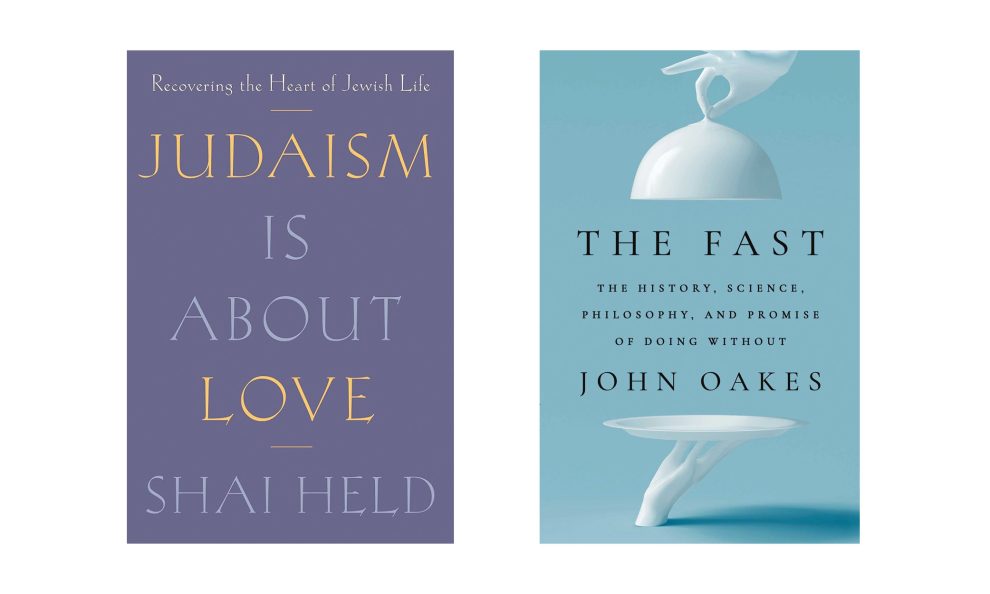
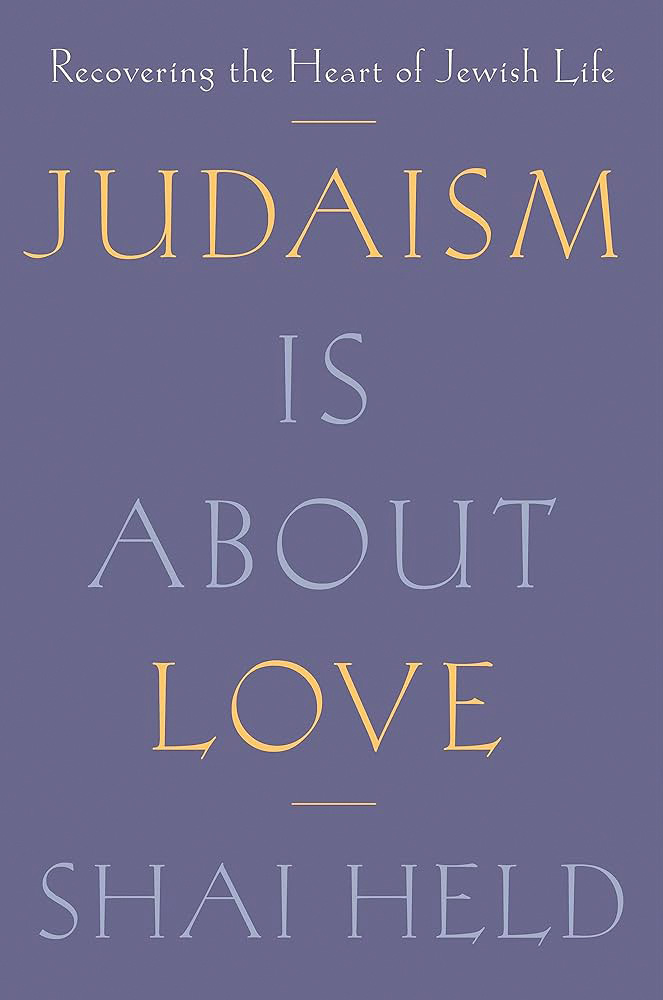

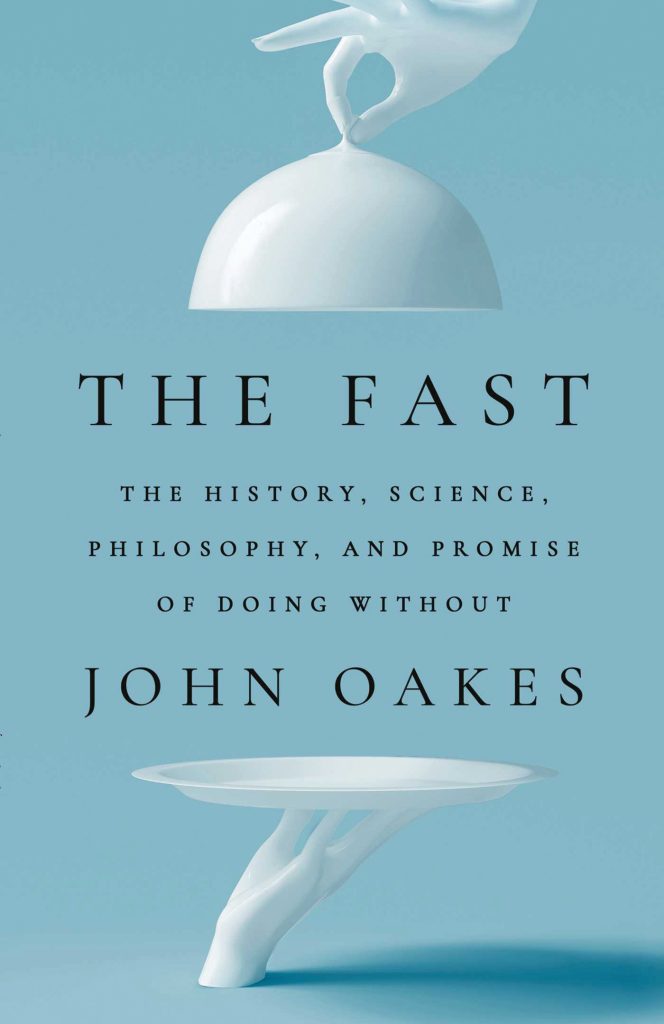

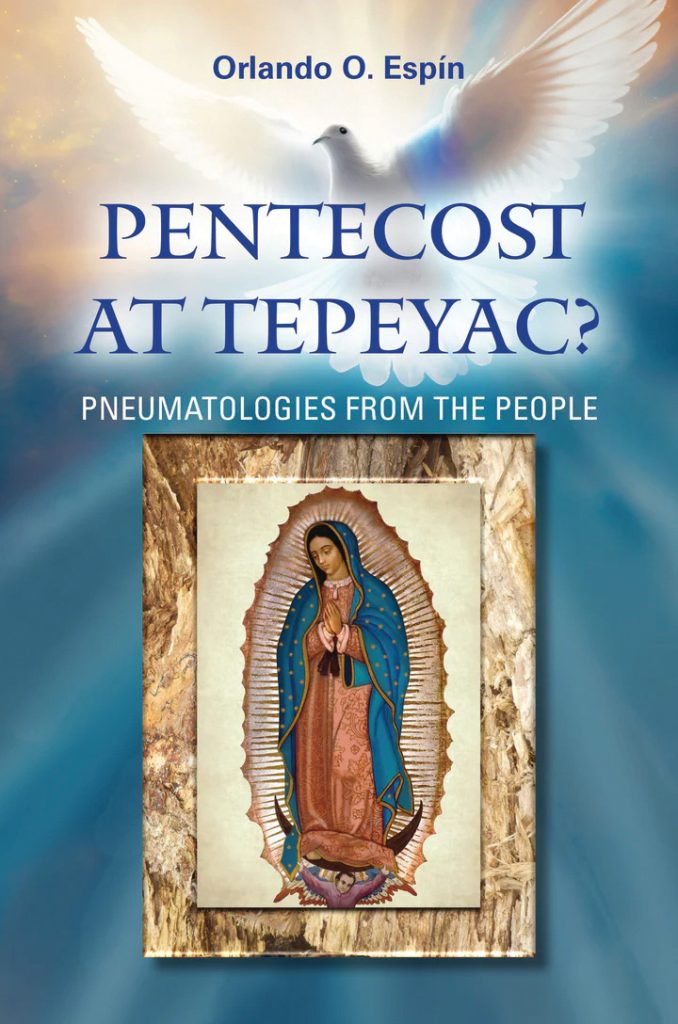
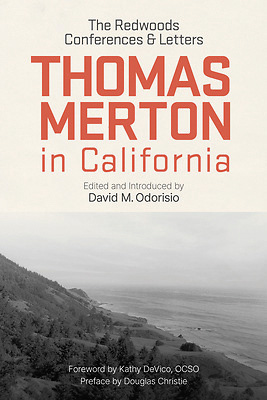











Add comment